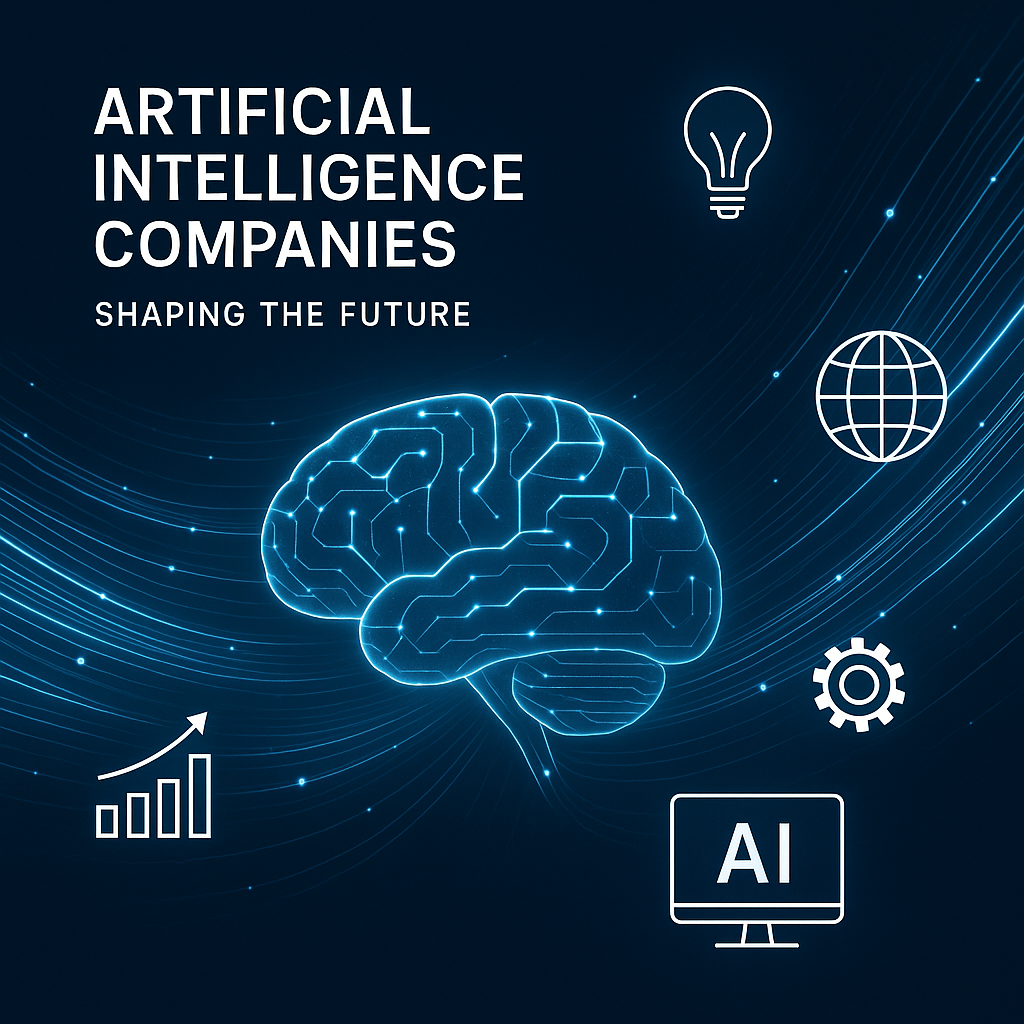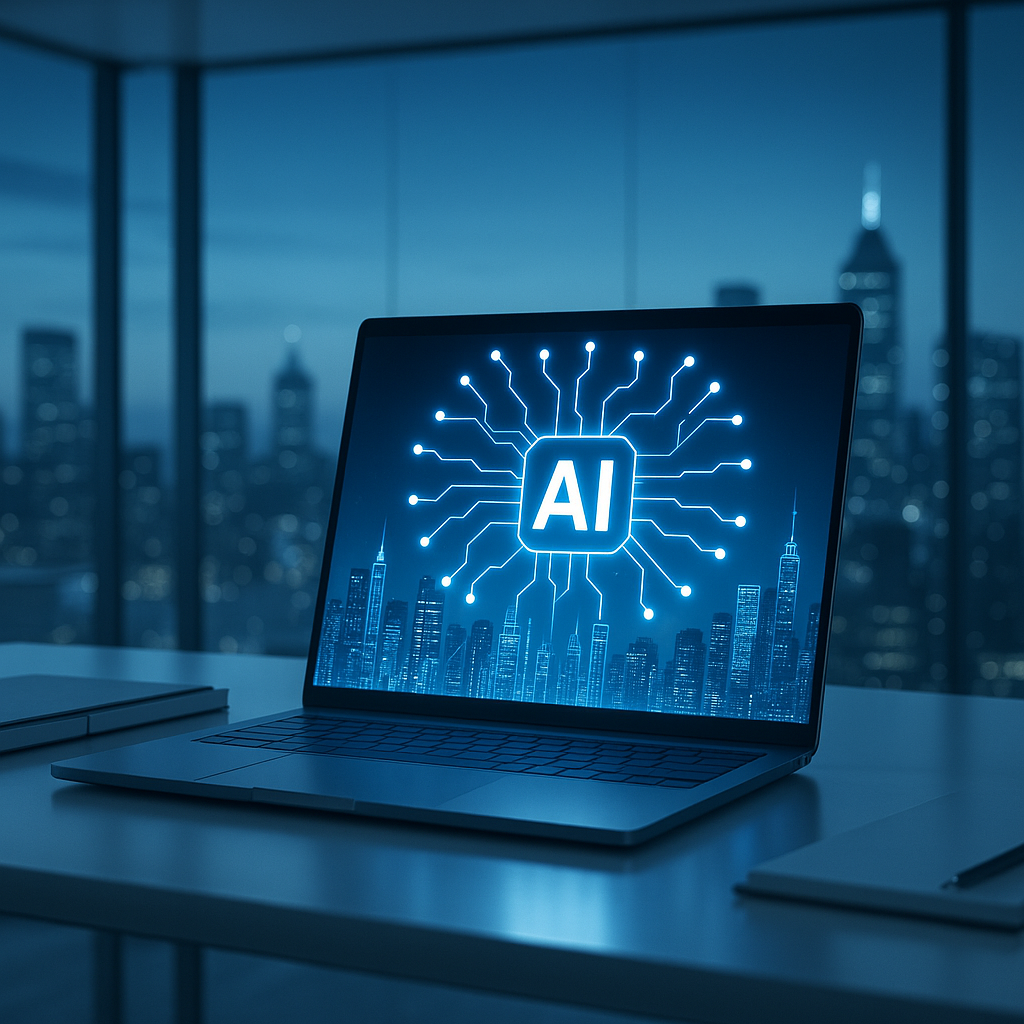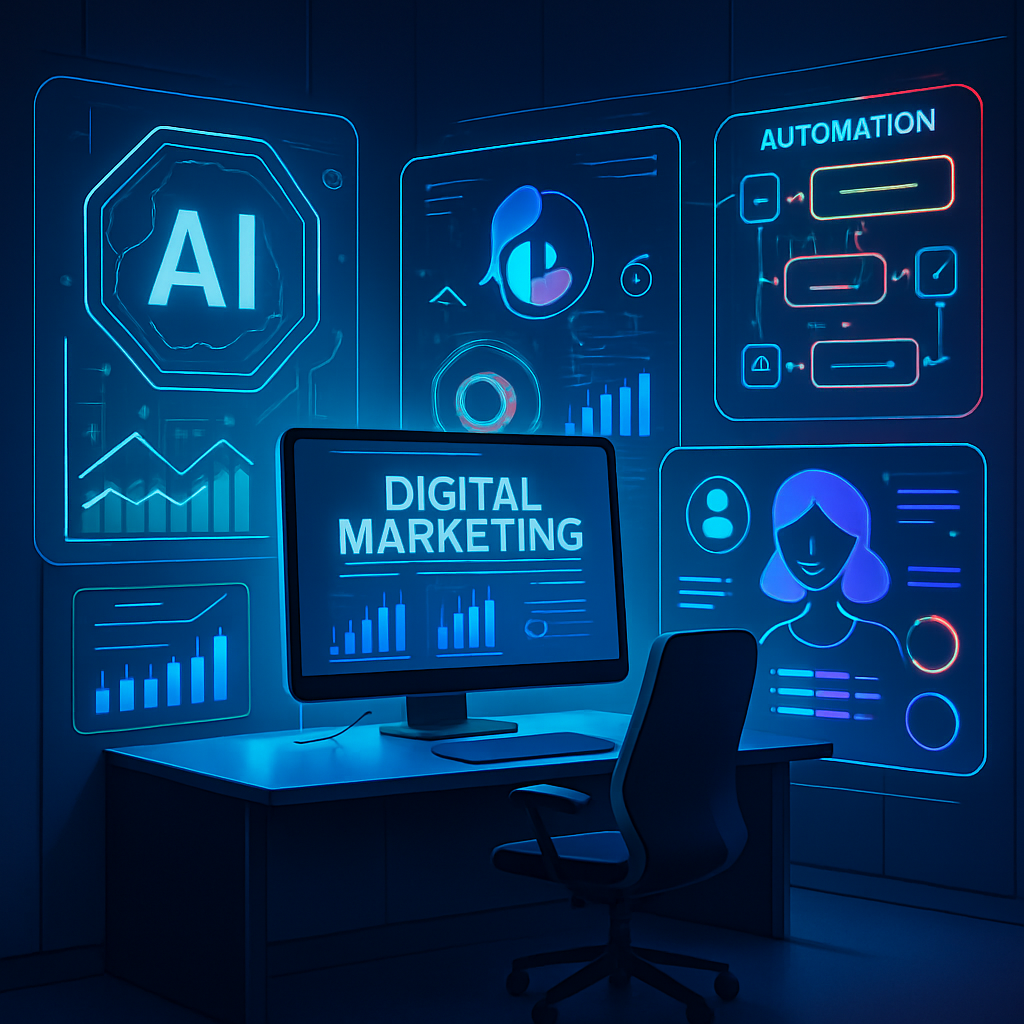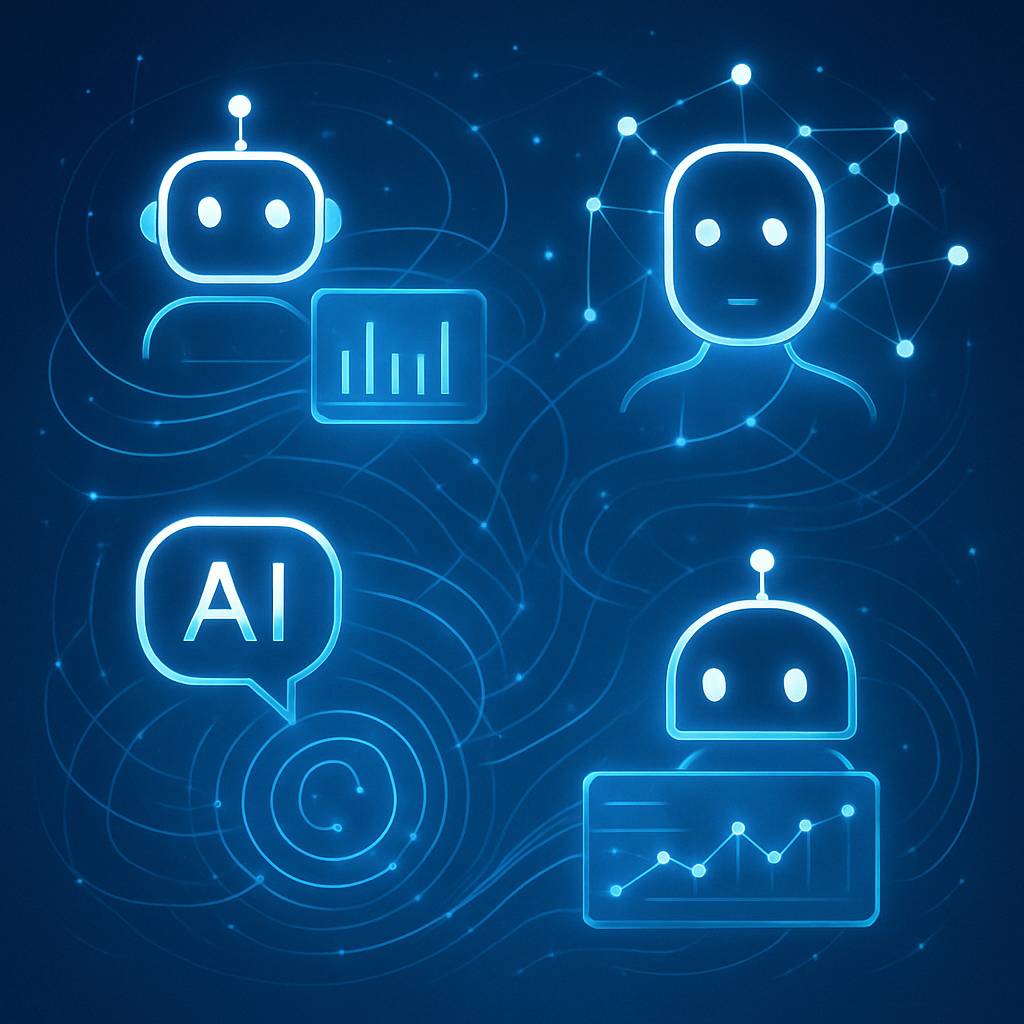
Exploring the Future: How AI Companies Are Shaping the Landscape Today
Understanding the Role of artificial Intelligence Companies in 2025
Artificial intelligence — commonly referred to as AI — is no longer a distant concept confined to research labs or speculative technology. As of 2025, AI is deeply embedded in various industries, and artificial intelligence companies serve as key architects of this integration. They are innovators, problem-solvers, and visionaries shaping the AI ecosystem’s fast-paced evolution.
These companies not only research and develop the next generation of AI algorithms but also drive the vast commercialization and ethical deployment of AI solutions. Understanding how these companies function and influence the AI landscape is essential to grasping the broader trends in technology and business today.
AI Is: The Dynamic Character of Artificial Intelligence Today
The phrase "AI is" captures more than just a definition; it reflects the dynamic qualities and evolving essence of artificial intelligence:
- AI is adaptive: Modern AI systems learn in real time, tailoring outputs to user behaviors, environmental changes, and new data sources.
- AI is collaborative: Today’s AI platforms integrate seamlessly with human workflows, augmenting decision-making rather than replacing it.
- AI is pervasive: From healthcare diagnostics and autonomous vehicles to finance and creative arts, AI's reach touches every sector.
Artificial intelligence companies focus on these facets, pushing boundaries through innovations in machine learning, natural language processing, computer vision, and beyond.
Key Players Transforming the AI Ecosystem
By mid-2025, the panorama of artificial intelligence companies includes a mixture of established tech giants, specialized startups, and new entrants focused on niche AI challenges. Key trends defining their impact include:
1. Pioneering Generative AI
Generative AI companies have surged forward with models capable of creating text, imagery, music, and even code. These enterprises prioritize creativity and human-computer co-creation, delivering tools with practical applications like content generation for media or prototyping in design.
For example, several startups have introduced AI platforms that draft complex scientific research, enabling faster innovation cycles in pharmaceuticals and materials science.
2. AI for Responsible Innovation
With the rising awareness of AI's ethical challenges, many companies now embed transparency, fairness, and accountability into their AI systems. This includes rigorous algorithmic audits, bias mitigation, and user privacy enhancements integrated into product design.
One notable company leads the development of explainable AI frameworks, making black-box models more interpretable for regulators and end-users alike.
3. AI-as-a-Service (AIaaS)
Accessibility is a hallmark of the current AI wave. Many artificial intelligence companies offer AIaaS platforms, enabling enterprises to deploy AI without massive upfront investment in data science teams or infrastructure.
This democratization allows smaller firms to experiment and innovate, fostering a vibrant ecosystem where AI adoption proliferates beyond large enterprises.
4. Industry-Specific AI Solutions
Artificial intelligence companies are increasingly delivering tailored ai applications for sectors such as healthcare, manufacturing, finance, and agriculture. By leveraging domain expertise combined with AI prowess, these companies design solutions that address complex, sector-specific challenges.
For example, AI-driven predictive maintenance systems are now standard in manufacturing facilities, significantly reducing downtime and operational costs.
Innovative Technologies Driving AI Companies in 2025
Several key technologies power the innovations by artificial intelligence companies, including:
- Transformer architectures and advanced neural networks: These form the backbone of today’s AI models, enabling extraordinary leaps in understanding and generating human language and vision.
- Reinforcement learning breakthroughs: Empowering AI systems to learn optimal strategies in dynamic environments, demonstrated in robotics and complex simulations.
- Edge AI: Running AI algorithms on edge devices enhances privacy and reduces latency, enabling real-time, decentralized AI applications.
- Federated learning: Collaborative models trained across multiple devices or organizations without centralizing data boost security and inclusivity.
Business Models and Strategies that Define AI Companies
Artificial intelligence companies adopt diverse business models, often blending technology innovation with real-world integration:
- Platform-centric models: Offering AI tools and APIs that other developers or companies build upon, accelerating innovation beyond their own products.
- Data partnerships: Collaborating with data providers and customers to enrich AI training sets and improve model efficacy while navigating privacy and compliance.
- Consultative approaches: Helping traditional industries transition into AI-driven paradigms through advisory and tailored solution deployment.
Challenges and Opportunities Ahead
Artificial intelligence companies face critical challenges such as ensuring ethical AI deployment, managing regulatory complexities, and overcoming technical limitations such as data biases or energy consumption.
However, these challenges are also avenues for innovation. Many companies are investing in AI sustainability initiatives, developing energy-efficient AI hardware, and pioneering cross-sector collaborations to create responsible AI ecosystems.
Conclusion: Shaping AI’s Trajectory Together
Artificial intelligence companies, through their relentless innovation and strategic foresight, are fundamental architects of AI’s future. Their expanding capabilities in generative models, ethical AI, AIaaS, and industry-specific solutions are not just advancing technology but redefining how societies and economies function.
As AI continues to integrate deeper into everyday life, the work of these companies will influence fundamental aspects of human experience — from how we work, communicate, and create to how we address global challenges.
Understanding the role and vision of artificial intelligence companies today provides a window into the vast potential and complexities that will continue to shape the AI landscape tomorrow.







